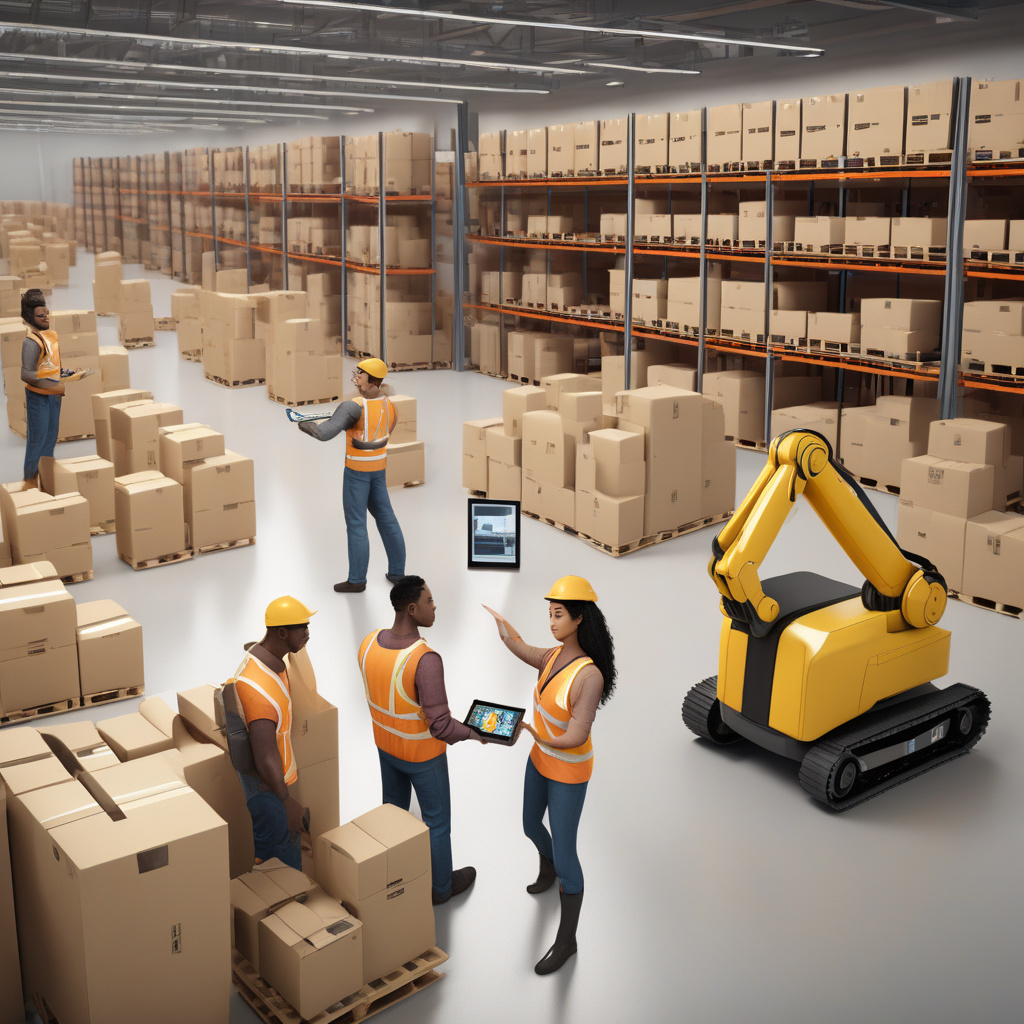Robot Management: The Rising Role in Supply Chain Optimization
By the end of the decade, one in 20 supply chain managers will be responsible for overseeing robots rather than human workers, according to new research from Gartner Inc. The shift reflects a growing reliance on automation in warehouses and fulfillment centers. Labor shortages, cost pressures, and the need for greater efficiency are driving that shift.
The integration of robots into supply chain management is not a distant futuristic vision but a present-day reality. As e-commerce continues to surge and consumer expectations for fast and accurate deliveries rise, companies are turning to automation to streamline their operations. Robots are increasingly being utilized for tasks such as picking, packing, sorting, and even last-mile delivery, revolutionizing the traditional supply chain model.
One of the key advantages of using robots in supply chain management is their ability to work around the clock without the limitations of human fatigue. This 24/7 operational capability ensures that warehouses can fulfill orders at a much faster pace, leading to improved customer satisfaction and retention. Additionally, robots can enhance accuracy and reduce errors in order processing, ultimately resulting in cost savings for businesses.
Furthermore, robots are adept at handling repetitive and labor-intensive tasks, allowing human workers to focus on more strategic and value-added activities. This not only boosts productivity but also creates a safer work environment by minimizing the risk of injuries associated with manual labor.
The role of a robot manager in the supply chain is multifaceted. It involves overseeing the deployment, maintenance, and performance of robotic systems to ensure optimal efficiency. Robot managers are tasked with monitoring key metrics such as throughput, cycle times, and error rates to identify areas for improvement and optimization. They work closely with cross-functional teams to integrate robots seamlessly into existing processes and troubleshoot any issues that may arise.
Moreover, robot managers play a crucial role in driving innovation and continuous improvement within the supply chain. By staying abreast of the latest advancements in robotics technology and automation software, they can identify opportunities to enhance operational capabilities and stay ahead of the competition. This proactive approach is essential in today’s rapidly evolving business landscape, where agility and adaptability are key to success.
As the demand for e-commerce continues to grow and supply chain complexity increases, the role of robot management will become even more critical. Companies that embrace automation and invest in developing their robot management capabilities will be better positioned to meet the evolving needs of the market and deliver exceptional customer experiences.
In conclusion, the emergence of robot management as a core supply chain role signifies a paradigm shift in how businesses approach logistics and operations. By harnessing the power of robotics, companies can drive efficiency, accuracy, and innovation in their supply chain processes, ultimately gaining a competitive edge in the digital marketplace.
The post Robot management emerges as core supply chain role appeared first on Digital Commerce 360.
#RobotManagement, #SupplyChainOptimization, #AutomationInLogistics, #E-CommerceTrends, #DigitalInnovation
